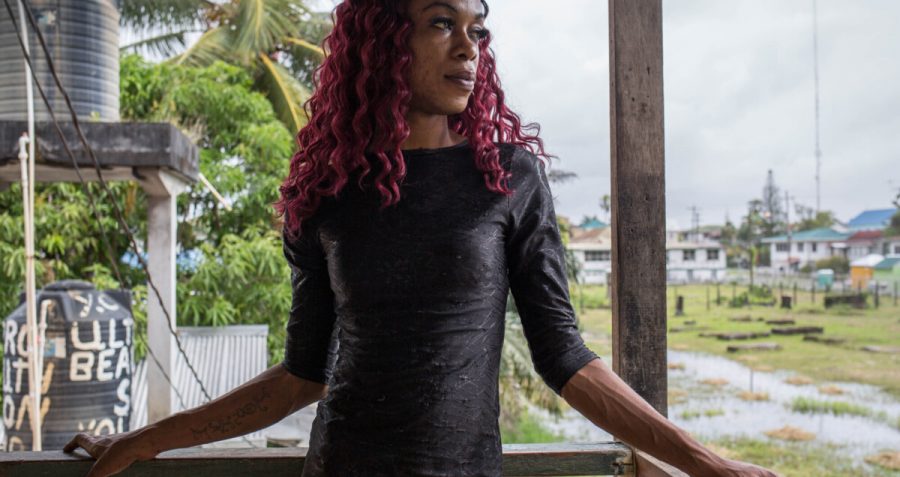Human rights monitoring for trans and gender-diverse communities

Key information
- Organisation: Gender DynamiX
- Country: South Africa
- Region: Eastern and Southern Africa
- Stage of innovation: Stage 3: Pilot
- Start date: 2022
- End date: 2023
- Type of innovation: New combination of existing services
- Funder: Frontline AIDS and Elton John AIDS Foundation
Summary of intervention
The COVID-19 pandemic has led to increased socio-economic marginalisation of trans and gender-diverse persons in Southern Africa, particularly transgender women, sex workers and homeless trans and gender-diverse community members, combined with an increase in violence and discrimination against LGBTQ+ communities. Since 2021, this has coincided with a steady decrease in donor funding available for emergency support.
In 2022, Gender DynamiX (GDX) responded by piloting the Rights, Evidence, Action (REAct) human rights monitoring and response system in the Western Cape. REAct is enabling GDX to provide not only emergency responses to individual community members who have experienced human rights violations, but also to document them to inform evidence-based advocacy. Community members who reported cases were assisted with immediate support, for example, trauma counselling, emergency transport to medical facilities or police stations, emergency accommodation or assistance to obtain ID documentation. They were also referred to organisations offering longer-term support, such as legal advice and assistance, psychosocial support and food.
GDX used the data for targeted advocacy work at local and provincial government levels and to inform submissions via national and international human rights mechanisms. One of the issues that emerging data showed was that many violations were perpetrated by local government law enforcement officials.
learnings
There are few organisations providing assistance to trans and gender-diverse persons to which GDX can refer community members. For example, gender-based violence emergency shelters often exclude transgender women. GDX is addressing this by conducting sensitisation training, which has resulted in an increased number of service providers at local level. A more difficult issue is that very few legal rights organisations have programmes that include the trans and gender-diverse community, and this remains an ongoing challenge.
next steps
GDX aims to roll out the programme across South Africa in partnership with community-based organisations and potentially to other countries in the Southern African region in collaboration with country partners.
sustainability
Relying on NGOs to provide services will always limit the number of individuals who can be supported. To sustain the response, GDX must ensure that the government provides services such as trauma counselling, food support, and accessible and inclusive emergency shelters to community members. Stronger links must also be built between the different human rights movements advocating service delivery.

